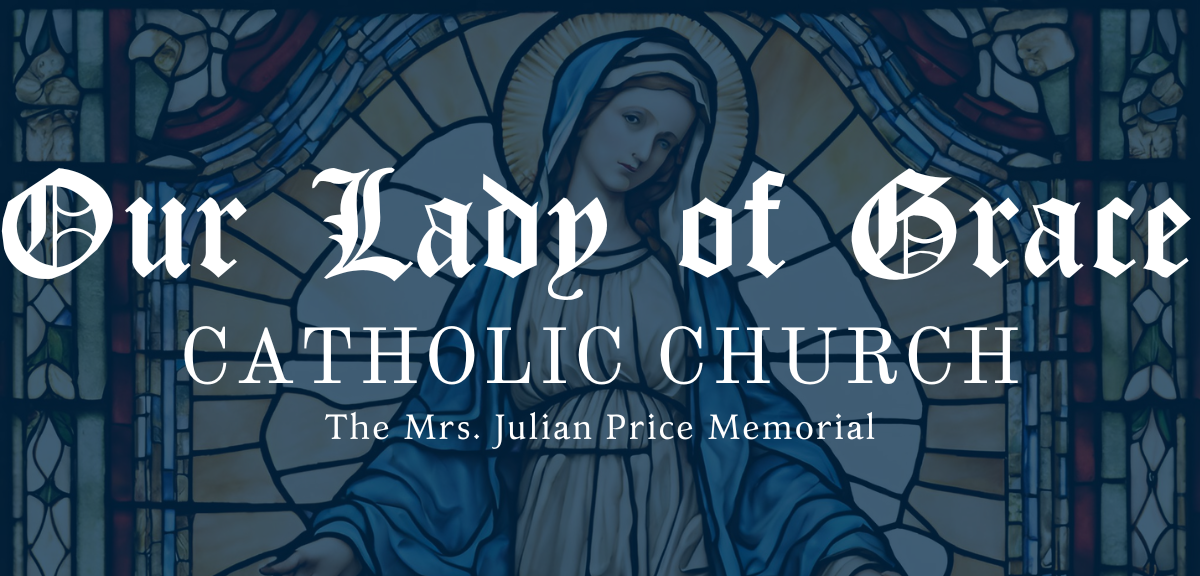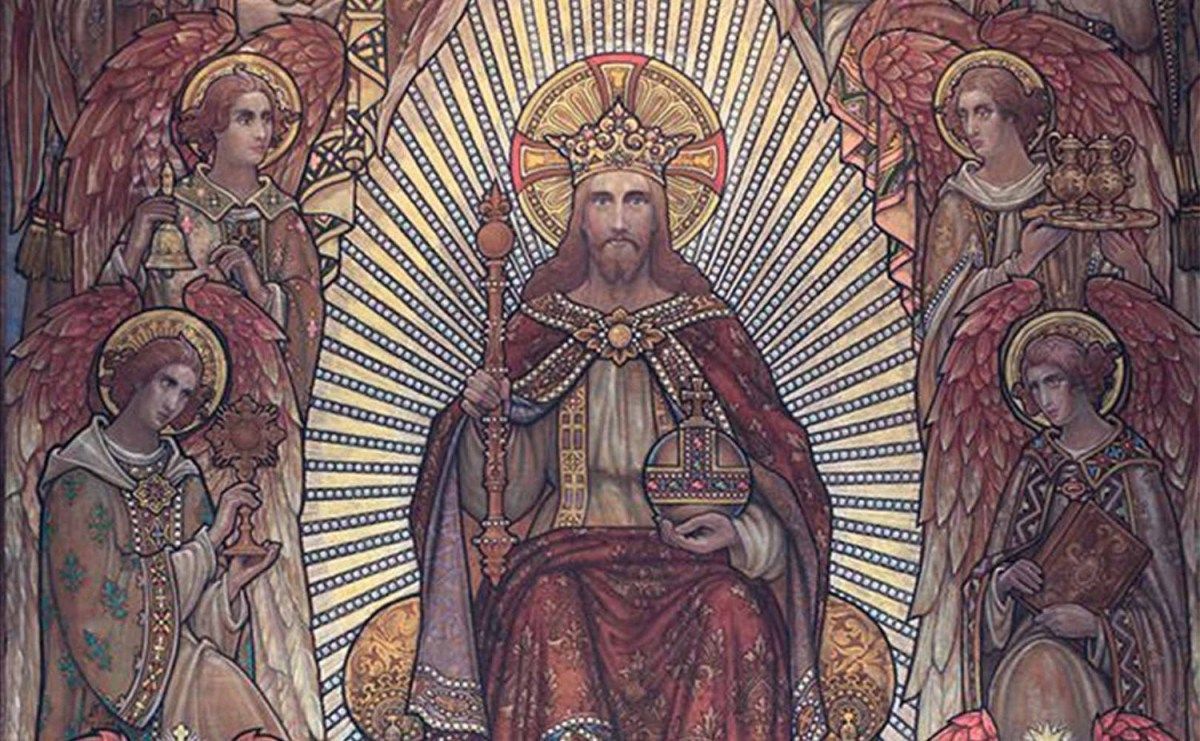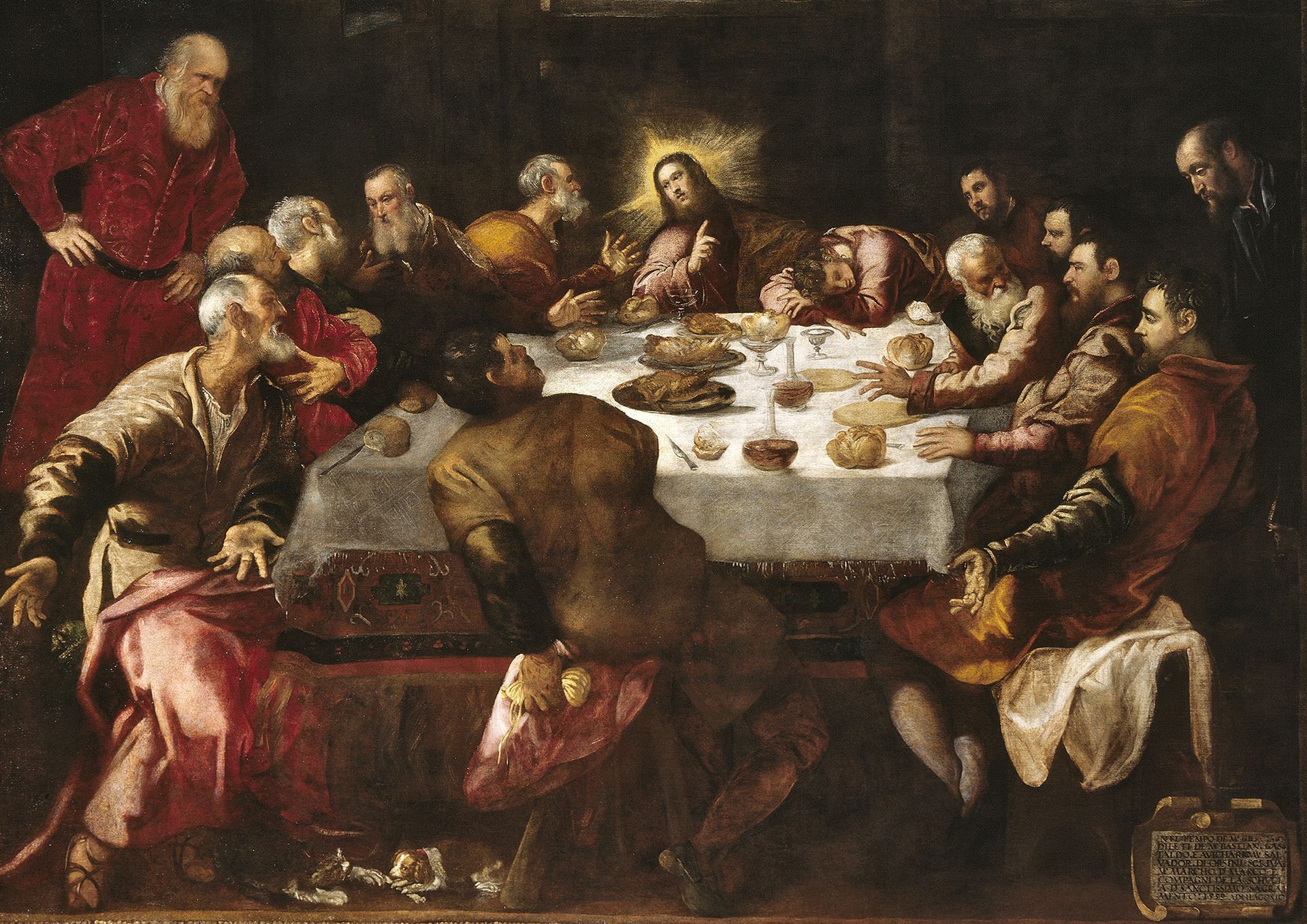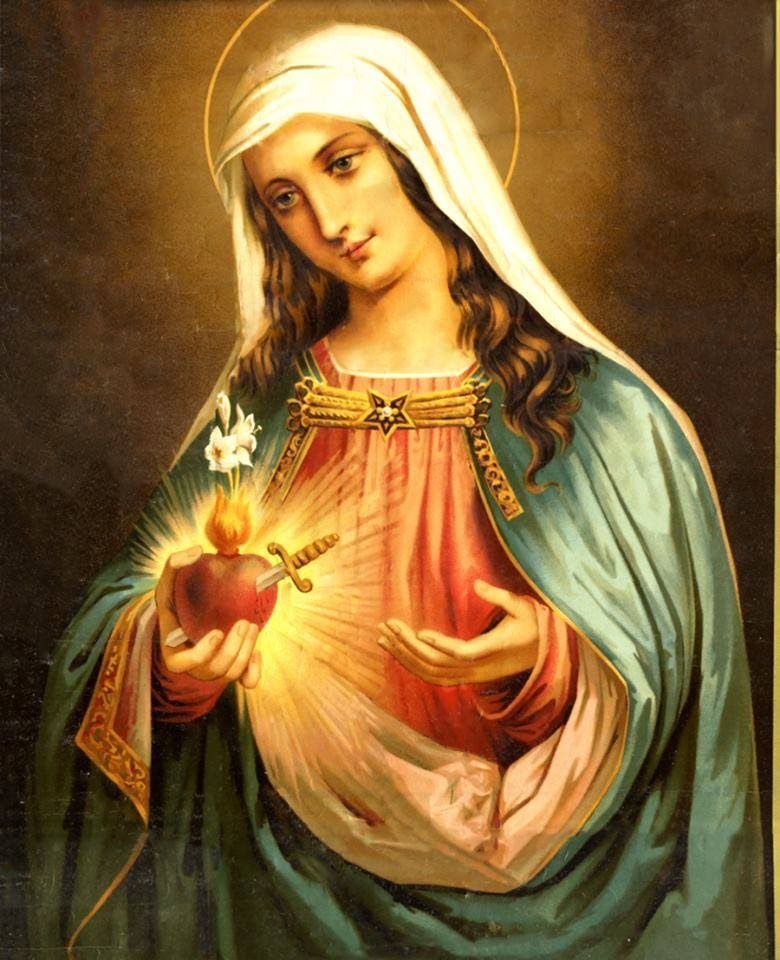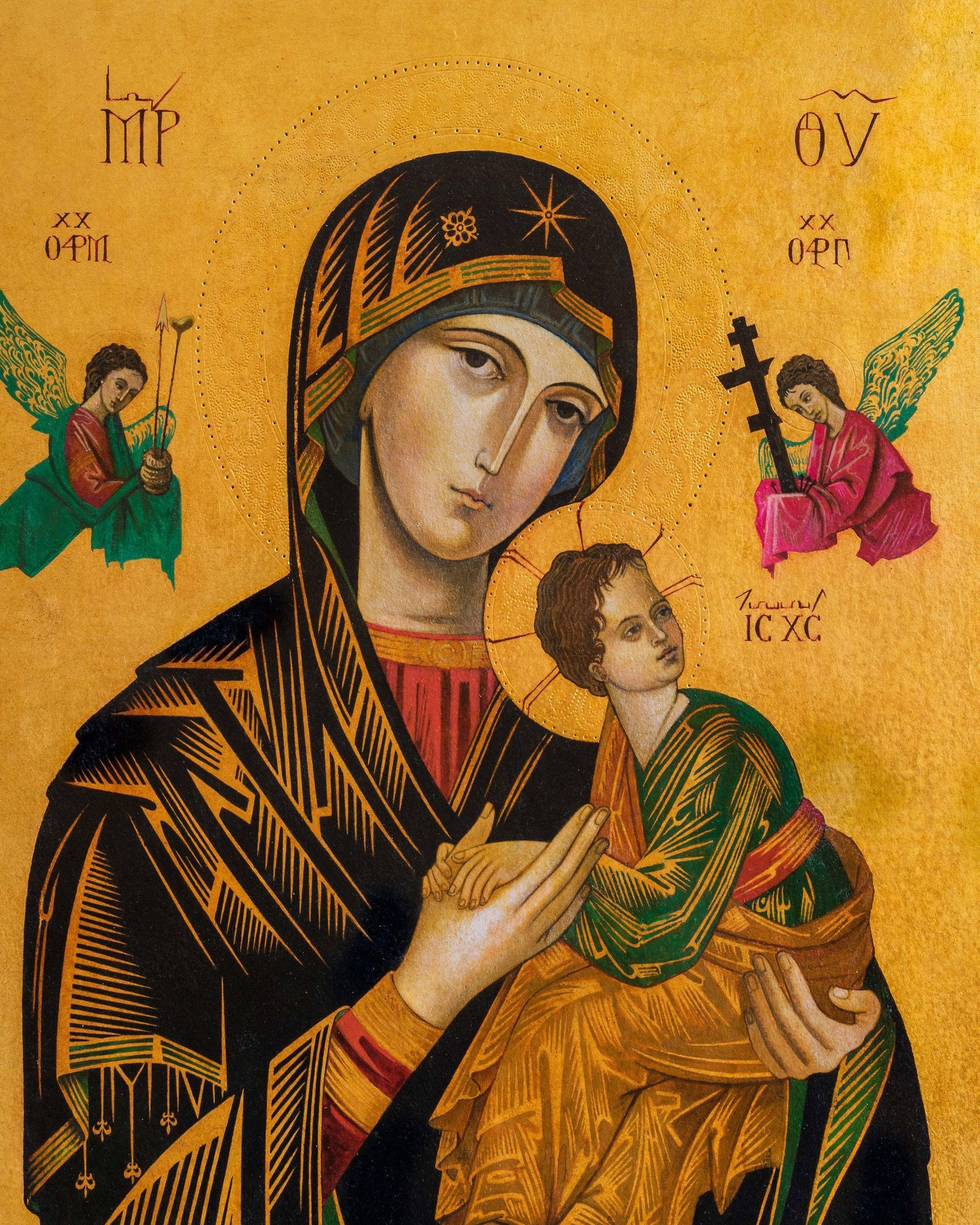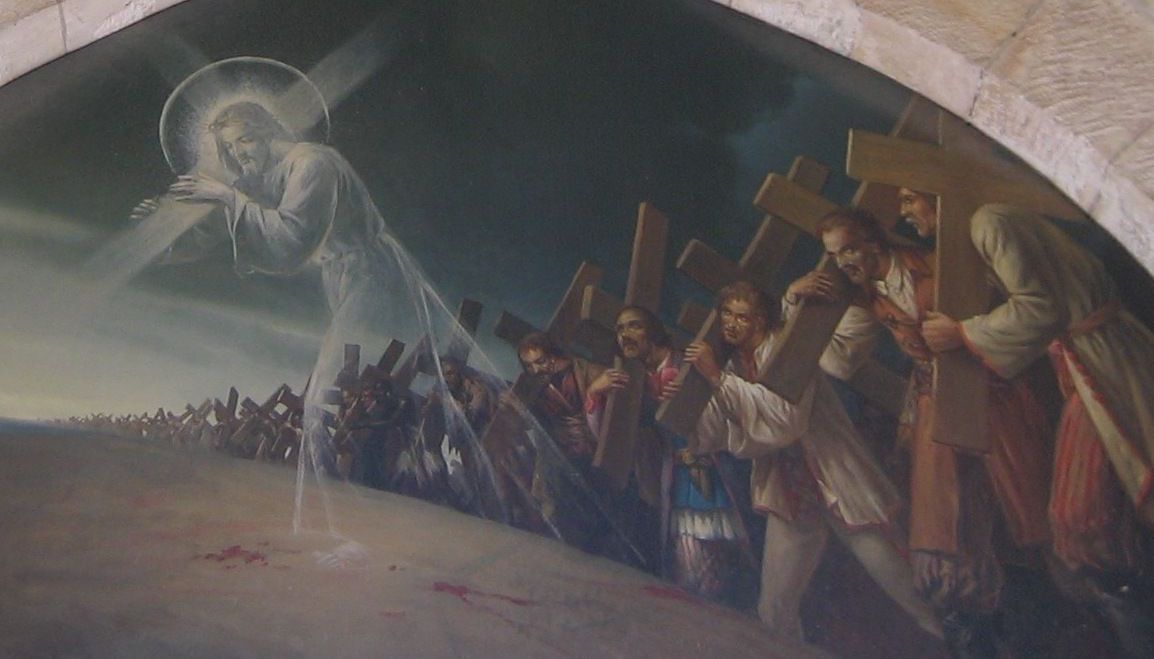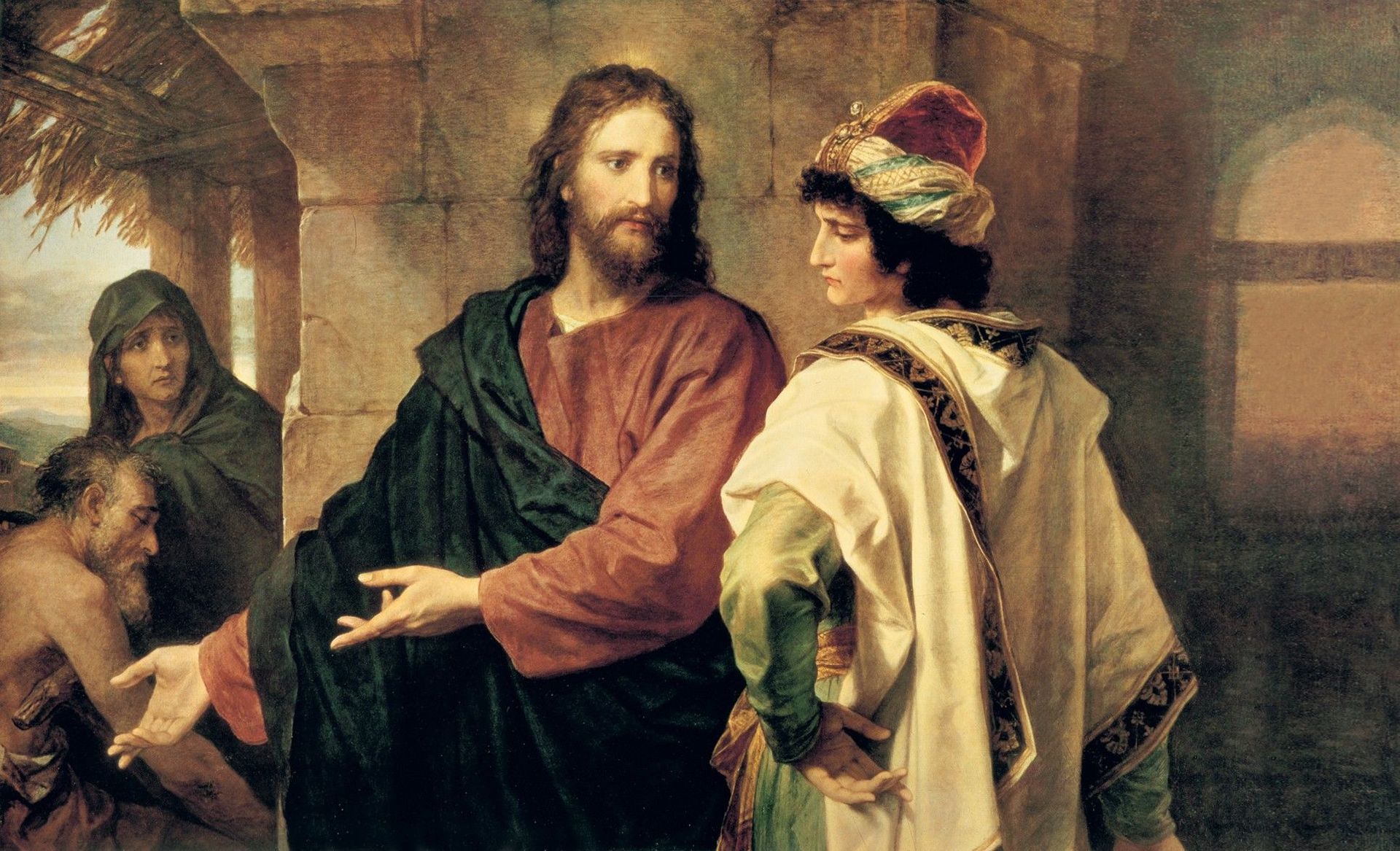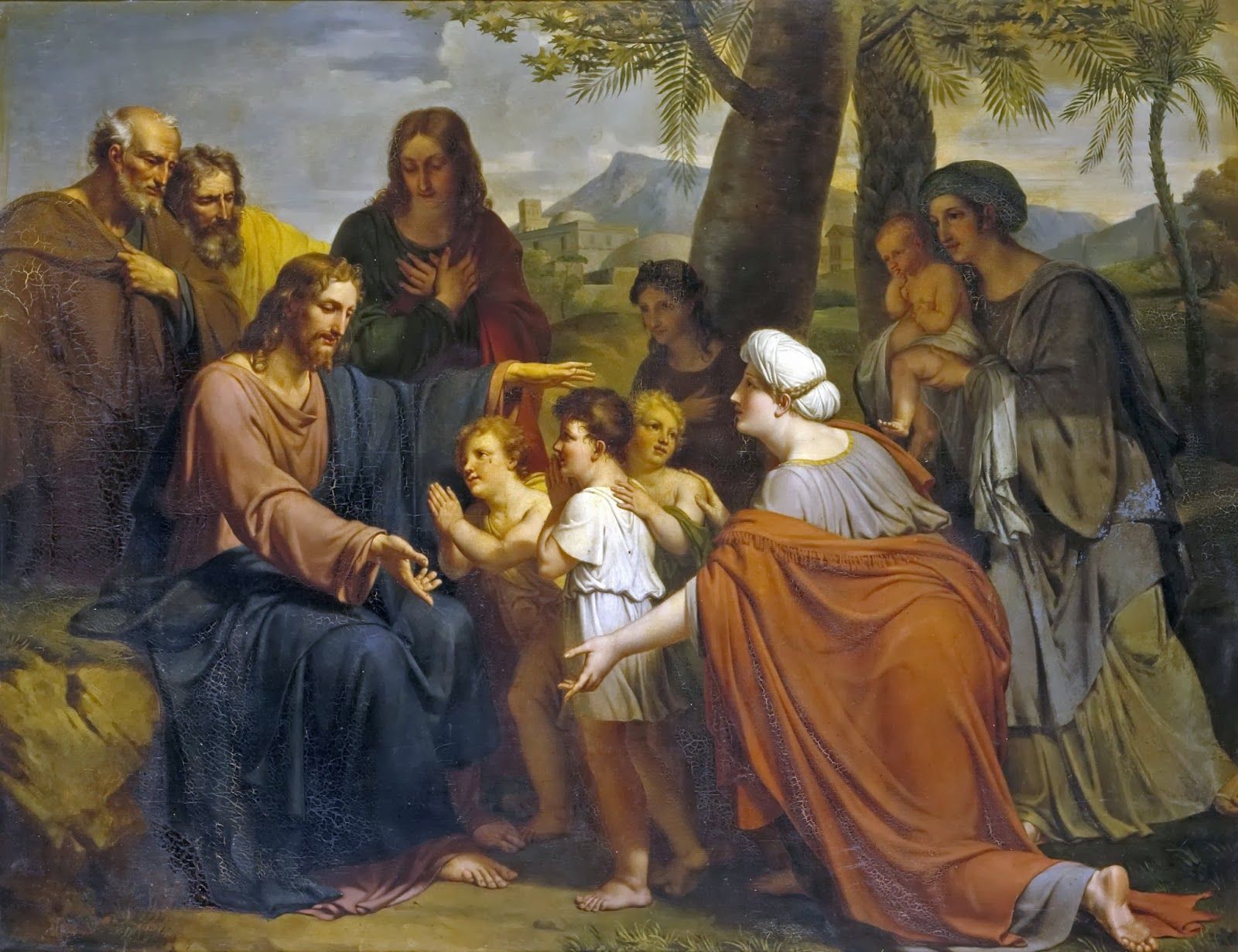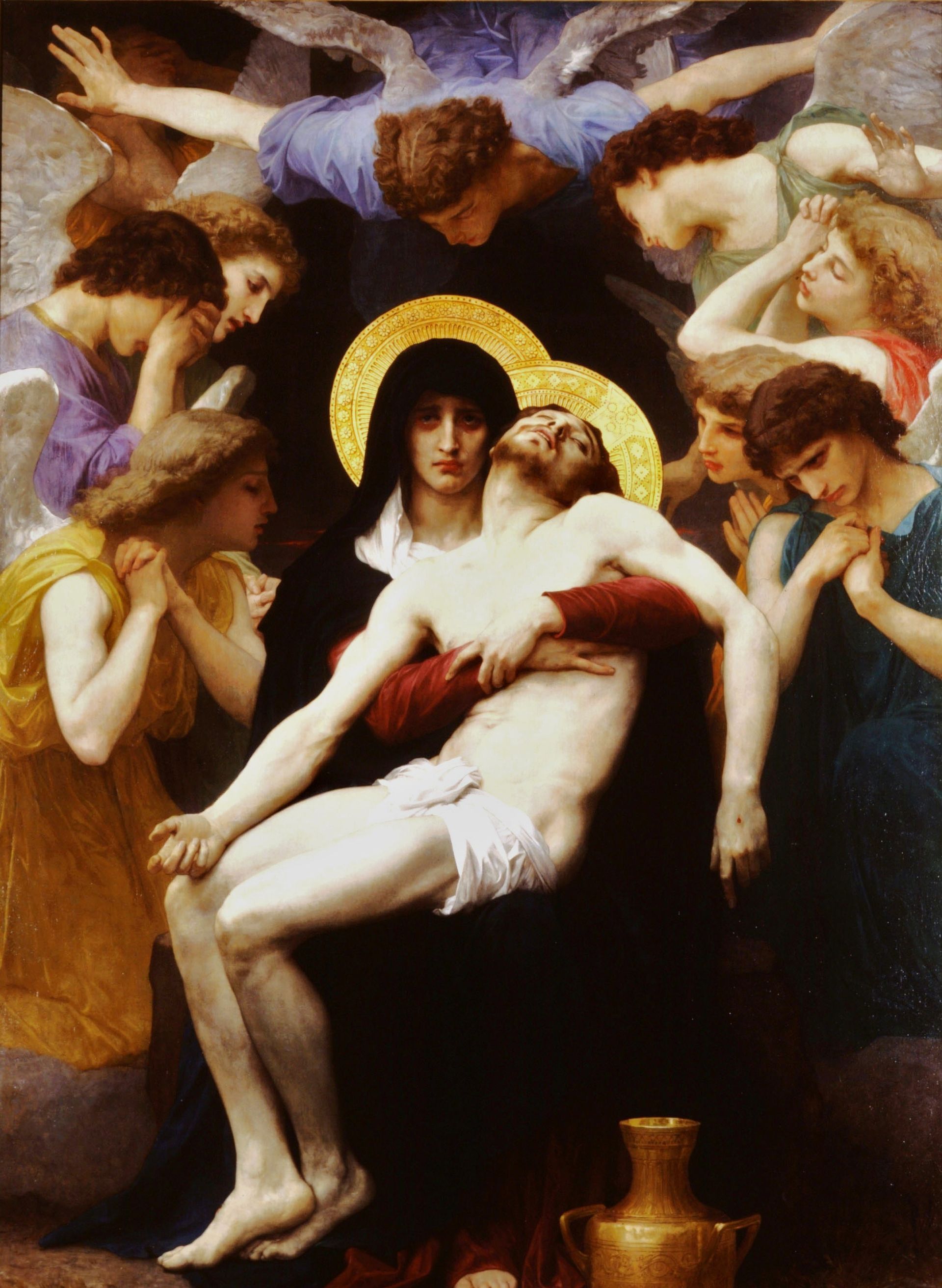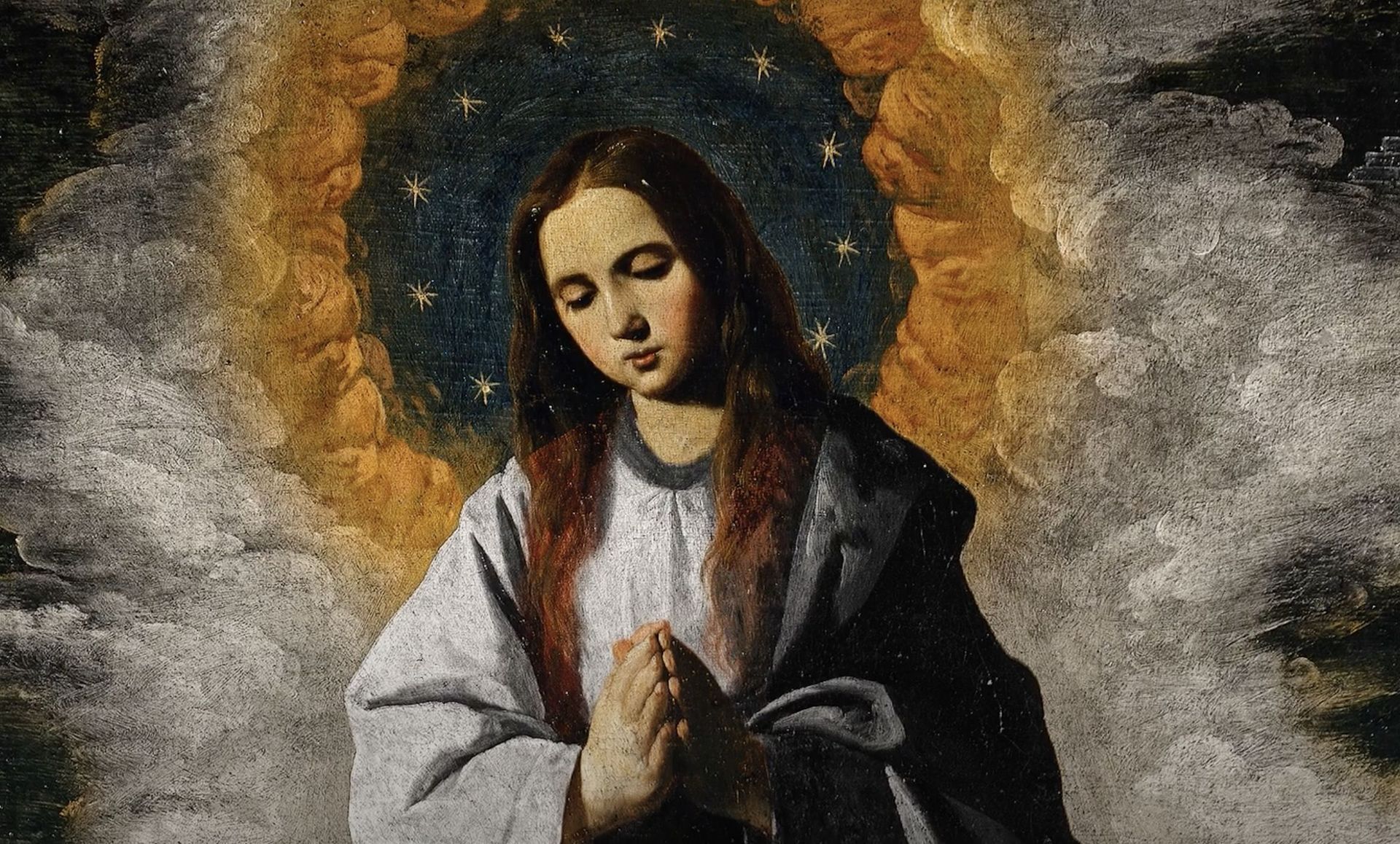6th Sunday in Ordinary Time 2024
Faith of the Leper
In today’s readings, we see a sharp contrast between the first reading and the Gospel. In Leviticus, the Lord instructs that lepers be kept separate—cast out from amongst the people for their horrible disease for which there was no cure. Then, Mark’s gospel relates the story of Jesus healing a leper. It was striking to people of that time that the leper was made clean. As is highlighted by the reading from Leviticus, leprosy was basically seen as a death sentence. If you contracted it, you were cast out and lived as an outcast until it eventually claimed your life. It was like a terminal cancer disappearing—except far more visible because of the horrible, rotting, stinking nature of leprous flesh. It is poignant to notice that, even in the face of this death sentence, the leper came to Jesus saying, “If you wish, you can make me clean.” He had faith in the impossible, and it was rewarded. The impact it had was exemplified because as the man told people about Jesus’ healing, it was impossible for Jesus to enter a town openly. He had to remain in deserted places and yet people still flocked to him. This was a miracle of great impact.
The selection of these readings serve two purposes: first, the obvious—to underscore the significance of Jesus’ ministry. They give us a picture, as we discussed, of why the work Jesus did had the impact that it did in the world of the time. The second, perhaps less obvious, but even more significant—to demonstrate how the coming of the God-Man made all things new. The old order was passing away because the Word had been made flesh. The dominion of sin was breaking, and the guilt of Adam was being cleansed from creation. The old Adam gave way to the New, the Covenant of the old Ark was subsumed as the New Ark brought forth the New Covenant. The prescriptions of the Law delivered to those under the bondage of sin and death were fulfilled and transformed by the Blood of the Lawgiver. The leper was a symbol of this old death—the unrelenting rot of sin. Christ’s healing of this leper was a prophecy of His victory over that ancient rot, just as His transformation of the water to wine at Cana was a prophecy of His transformation of water to rebirth and wine to His Blood.
Do you have the faith of the leper, the faith that expects the impossible? Jesus explained to us what that type of faith means: If anyone would come after Me, he must daily die to himself, take up his cross, and follow Me. If he loves Me, he will obey My commandments. The faith that expects the impossible is the faith that heeds His mother: Do whatever He tells you. The faith that expects the impossible is the faith of Abraham, who traveled hundreds of miles on foot with his family and waited for decades for God to fulfill His promise, and still had the faith to offer his only son when God asked it of him. The faith that finds the narrow way is the faith that St. Paul mentions in the second reading: that does everything for God’s glory and loves its neighbor, even when it finds that person distasteful. If you can love the person who cuts you off in traffic, who scratches your car in a parking lot and leaves, who takes your lunch from the break room fridge; if you can obey the Church when her priests make you angry, when they are careless with liturgy, when they live unfit lives, when they close the doors and bar the sacraments; if you can bear these crosses for love of God—He will heal the leprosy of your soul, and He will show you how He worked your faith within you to accomplish it.


